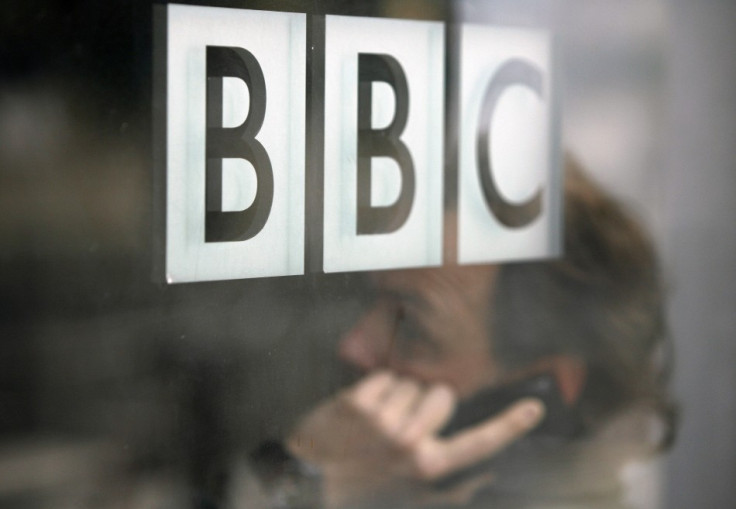BBC to Launch Five New HD Channels Next Year
Ofcom announces British television viewers will have access to ten new HD channels next year - with the BBC taking five of the available slots.

The airwaves became redundant during the analogue television switch off last year and now the BBC has announced it will use some of the spectrum to broadcast five new high definition channels.
By early next year, license fee payers will gain access to HD versions of BBC News, BBC Three, BBC Four, CBeebies and CBBC; the channels will be available over rooftop aerials via Freeview, as well as satellite and cable services.
BBC director general Tony Hall said: "BBC One HD and BBC Two HD have already proved to be highly valued by our audiences and I'm delighted that we're able to follow this with the launch of five new subscription-free BBC HD channels by early 2014.
"These new channels will allow us to showcase more of our programming at its very best."
Switch from analogue
The 600MHz spectrum is one of two freed up by the switch from analogue to digital television last year, with the other being recently auctioned for 4G mobile services due to be launched by phone networks later this summer.
Ofcom has awarded the license to run the 600MHz spectrum to Arqiva, which has indicated that the ten new HD channels will be broadcast to 70% of the UK population - above the minimum requirement of 50%.
To watch the new HD channels viewers will need a high definition-compatible digital terrestrial TV or set-top box (or HD service from a cable or satellite provider) and according to the BBC over 50% of UK homes now have such HD equipment.
The broadcaster says the number of HD homes is expected to grow to over 20 million by 2016 and over 23 million (90% of all UK homes) by 2019.
As for the 700MHz spectrum, Ofcom is allowing this to also be used for digital television on an interim basis, but last year proposed that the band could be used for mobile broadband services to avoid a 'capacity crunch', however this would not happen until 2018 at the earliest, the regulator says.
© Copyright IBTimes 2025. All rights reserved.






















